The Transmission Company of Nigeria (TCN) disclosed it had increased power transmission capacity beyond 8,100 megawatts recorded in 2018.
Managing Director of the TCN, Usman Mohammed, the transmission company currently has plans to build capacity to evacuate 10,000MW of electricity. He added that the installation of 68 transformers and the construction of transmission lines across the country between 2017 and October 2019, had aided the growth of the country’s electricity evacuation capacity.

“I can tell you that from 2017 to October 2019, we installed and inaugurated 68 power transformers across the country and the least among them is the 30MVA transformer installed in Gombe. The rest of them are 60MVA and above.
“It’s no longer business as usual; any contractor that refuses to do what he is supposed to do, we cancel the contract and complete the job,” Mohammed said.
Mohammed explained that the last simulation of the grid was done in December 2018. It moved from 5,500MW to 8,100MW and noted that the intention of the government was to build more transmission lines, as some areas had high transformer capacities but the lines supplying them power were not adequate.
[READ MORE: TCN explains why grid collapses will continue)
“Some of such lines include the recently launched Ikeja West-Alimosho-Ogba to Ota transmission line. We also want to do the Birnin-Kebbi to Sokoto and Ituaba to Itu line; Onitsha-Awka line; Awka-Oji River and the Kaduna-Zaria-Funtua lines, among others.
“Once these lines are rebuilt, the country would recover significant capacity that had been limited. Afterward, we will simulate the grid capacity again and this will clearly move our capacity well above 10,000MW,” he said.
Meanwhile, the TCN boss also stated that the recent study carried out by Ikeja and Eko DisCos showed that the country’s transmission capacity was more than 8,100MW.
“This is because, according to the report, the operational capacity of the two (Ikeja and Eko) business units is almost about 4,000MW, so we are looking at almost 25% of the capacity we have in Nigeria in Lagos.
“That means that what they have reported shows that we are far ahead what we projected,” he stated.
However, Mohammed noted that the maintenance and expansions being carried out are being done under the Transmission Rehabilitation and Expansion Programme (TREP) of the Federal Government. The objective of TREP is to expand the grid to 20,000MW by 2023.

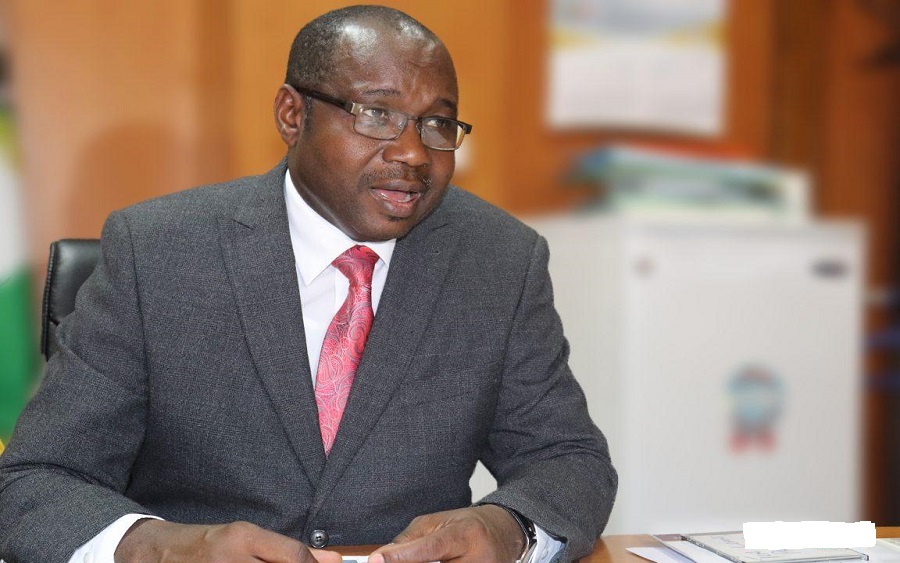






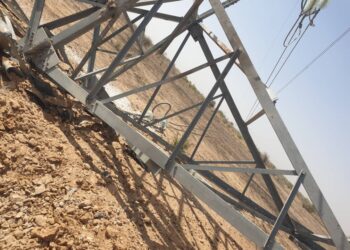
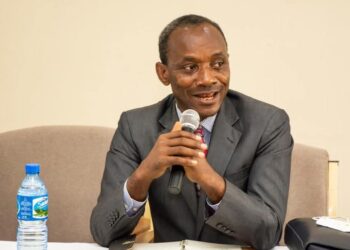

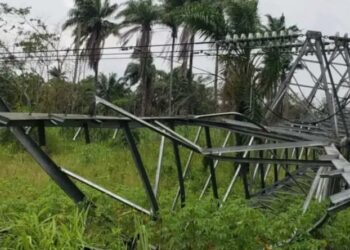
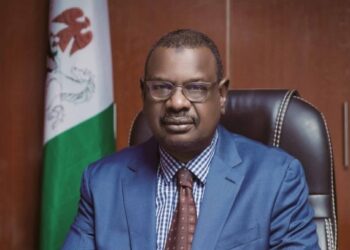
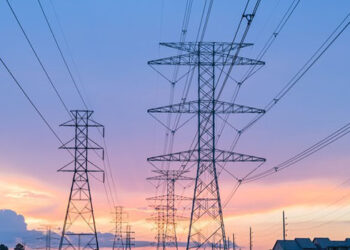










Audio transfomer, Audio light, Audio Megawatts
Can NM do a write up on the issues surrounding power in Nigeria? It will be a great expose for many that are concerned about the sector’s development.
We all know that once the bottlenecks in the power sectors are removed, Nigeria will immediately be on an upward trajectory.
For me, I think Nigeria’s National Grid model; pool of GENCOs feeding a TCN who feeds a pool of DISCOs will perpetually keep us in this quagmire. This is not sustainable at all. We need a total deregulation of the power sector.
Transmitting over long distances is not economically viable for a nation who has spent trillions of naira solving the same problem with the same approach that does not work at all.
I believe in our case, a change of business model will be far more effective, economically than spending more trillions to acquire the latest and the most advanced technologies for the decayed TCN.
It is not complex at all.
Allow private investors in this field and let them transmit and distribute what they generate. They are closer to the final consumers. With this model, avoidable costs can be avoided and financial resources can be channeled into areas that would improve efficiencies of their infrastructures.
Say a BujuBantu Power Limited (BBPL)has the capacity to generate 25MW enough to power three local governments areas in oyo state (homes, shops, offices), then they should be able to site their power plant there and feed the consumers there. BBPL can scale up as demand increases. The resultant effect is economic development in these 3 LGs.
Replicate this in several locations in the 36 states of the federation and the aggregate effects on the economy will be monumental.
NERC should focus on its main role as the regulatory body.
This will engender competition, innovation and effectiveness. You want to see Nigeria grow astronomically in 10 years.
Just open up the playing field.
Need I say more?
1. Private investors can raise funds through long term bonds.
2. Excess liquidity, idle pension funds can eventually be put to good use.
3. FG’s domestic (and international) borrowings will be reduced and borrowings can be channeled to other sectors.
4. Productions costs for the manufacturing sector is greatly reduced
5. Purchasing Managers Index improves
6. MSMEs will flourish.
7. With MSMEs flourishing, their credit worthiness is improved and banks can lend more to them.
8. Nigeria Stock Exchange flourishes as there will be inflow of funds into stocks
9. More FDIs into the country and reduced capital flight
10. Reduced importation; good retention earned FX revenues.
11. You can add more.